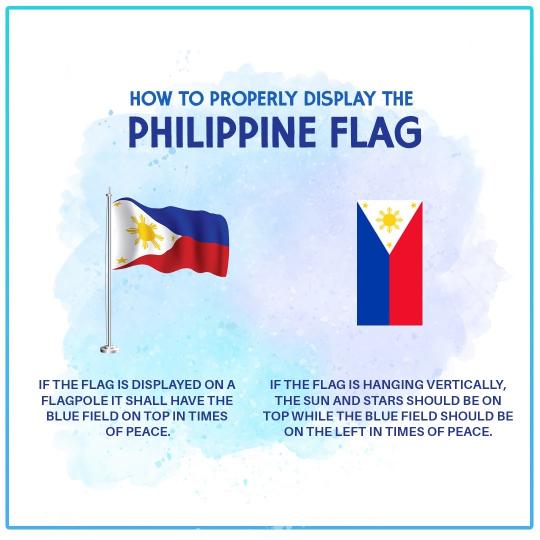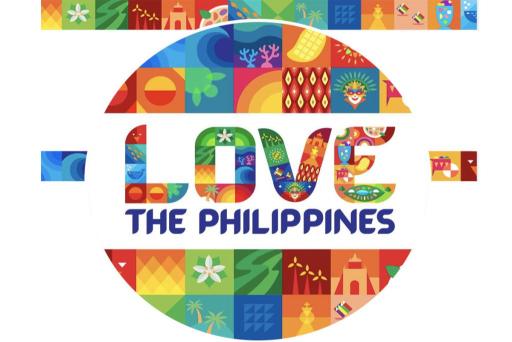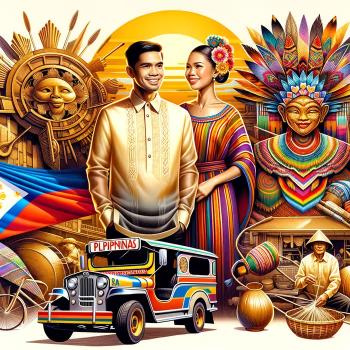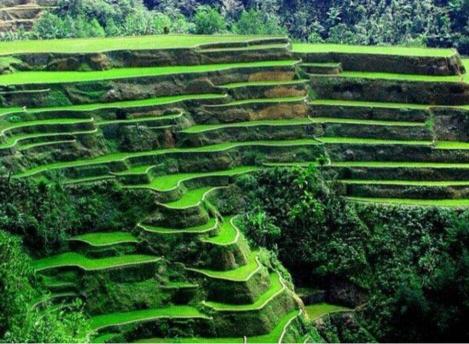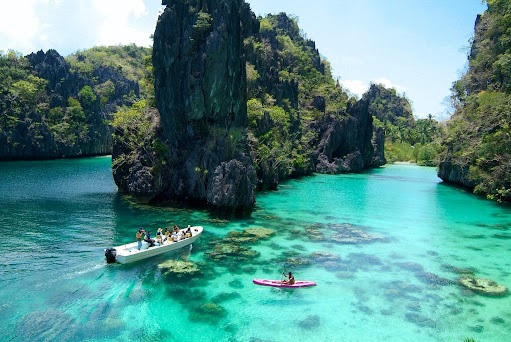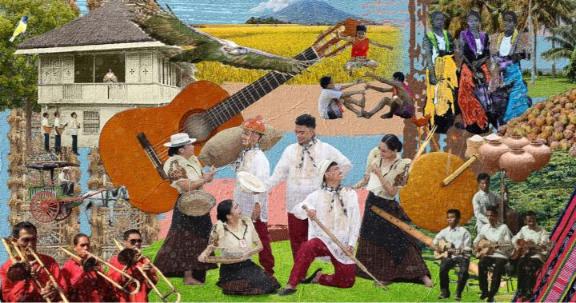|
|
||||||||||||||||
|
About the Philippines
|
||||||||||||||||
|---|---|---|---|---|---|---|---|---|---|---|---|---|---|---|---|---|
The PhilippinesAn archipelago at the heart of Southeast Asia, the Republic of the Philippines blends a deep, diverse cultural heritage with a vibrant, modern democracy. A maritime and archipelagic nation with rich biodiversity and an outward-looking economy, the Philippines engages the world through principled diplomacy, trade, and people-to-people links across a global Filipino community.A brief historyCenturies before European contact, communities across the islands traded actively with neighbors in Southeast and East Asia, developing distinct languages, belief systems, and political units led by datus, rajahs, and sultans. Manila grew as an entrepot connected to Brunei and wider Asian networks. Islam took root in the south from the 13th century onward, shaping enduring sultanates. Spain's arrival in the 16th century ushered in over three centuries of colonial rule and the Manila-Acapulco galleon trade. Filipino reform and revolutionary movements culminated in the declaration of independence on June 12, 1898. After the Spanish-American War, sovereignty shifted to the United States; the 1934 Tydings-McDuffie Act created the Commonwealth and set a path to independence. The Japanese occupation during World War II was followed by full international recognition of Philippine independence on July 4, 1946 through the Treaty of Manila. The nation later chose to mark Independence Day on June 12, by Proclamation No. 28 (1962) and Republic Act No. 4166 (1964). In 1986, the peaceful People Power Revolution restored democracy; the 1987 Constitution reaffirmed human rights, the rule of law, and an independent foreign policy. These principles continue to guide national life and statecraft. Governance and values The Philippines is a constitutional republic guided by the 1987 Constitution’s commitment to democracy, social justice, and a "balanced and healthful ecology." Article II, Section 7 states: "The State shall pursue an independent foreign policy. [with] national sovereignty, territorial integrity, national interest, and the right to self-determination" as paramount considerations. Foreign policy: principles and prioritiesPhilippine foreign policy is anchored on three enduring pillars articulated by the Department of Foreign Affairs and widely reflected across Philippine embassies:
1.
Preservation
and enhancement of national security;
2.
Promotion and
attainment of economic security; and 3. Protection of the rights and promotion of the welfare and interests of Filipinos overseas. In practice, these pillars translate into the following priorities: Upholding international law and a rules-based order at sea. The Philippines affirms the United Nations Convention on the Law of the Sea (UNCLOS) and the 2016 South China Sea Arbitral Award. Recent DFA statements underscore that the Award is final, binding, and part of international law, and that Manila will continue peaceful, lawful efforts to protect sovereign rights and maritime entitlements. ASEAN centrality and regional cooperation. As a founding member of ASEAN (1967), the Philippines advances ASEAN centrality and unity as the core of Indo-Pacific peace and prosperity, and will carry these priorities into its upcoming ASEAN Chairship in 2026. Active, constructive multilateralism. A UN founding member and host of the Asian Development Bank, the Philippines supports effective, inclusive multilateral solutions-from peacekeeping and humanitarian action to sustainable development and regional connectivity. Philippine statements note over six decades of contributions to UN peacekeeping. Economic diplomacy and connectivity. Guided by the Philippine Development Plan (PDP) 2023-2028-aligned with the long-term national vision, AmBisyon Natin 2040-the country pursues trade, investment, innovation, and resilient supply chains that create jobs, reduce poverty, and broaden opportunities for Filipinos at home and overseas. Protection and empowerment of overseas Filipinos. Assistance-to-Nationals (ATN) and diaspora engagement remain core to the DFA’s mission, recognizing the vital role millions of Filipinos abroad play in national development and bilateral ties. Climate and disaster risk leadership. As one of the world's most climate-vulnerable countries, the Philippines champions climate ambition and disaster risk reduction, including through the 2024 Asia-Pacific Ministerial Conference on Disaster Risk Reduction hosted in Manila and longstanding work within the Climate Vulnerable Forum. Vision for the Philippines' place in the world The Philippines seeks to be a secure, prosperous, and innovative nation that contributes meaningfully to regional and global public goods. This vision pairs the 1987 Constitution's call for an independent foreign policy with long-term national development goals: a dynamic, inclusive economy; resilient, sustainable communities; and a trusted diplomatic profile grounded in law, partnerships, and people-centered cooperation. The PDP 2023-2028 advances these aims, while ASEAN centrality, alliance and partner networks, and principled multilateralism shape Manila's approach to the Indo-Pacific and beyond. |
||||||||||||||||
|
|
||||||||||||||||
|
Click here to download a printable brochure about the Philippines |
Click here to download a map and some fast facts about the Philippines |
|||||||||||||||
|
|
||||||||||||||||
|
Philippine National Anthem - Lupang Hinirang Official Versions (With Lyrics and Instrumental) |
||||||||||||||||
|
|
||||||||||||||||
|
|
||||||||||||||||
|
|
||||||||||||||||
|
Take a virtual tour! Click on the image above to proceed to a playlist of virtual tours around the Philippines!
|
||||||||||||||||
|
|
||||||||||||||||
|
|
||||||||||||||||
|
History and People |
||||||||||||||||
|
The Philippines is the third largest English speaking country in the world. It has a rich history combining Asian, European, and American influences. Prior to Spanish colonization in 1521, the Filipinos had a rich culture and were trading with the Chinese and the Japanese. Spain's colonization brought about the construction of Intramuros in 1571, a "Walled City" comprised of European buildings and churches, replicated in different parts of the archipelago. In 1898, after 350 years and 300 rebellions, the Filipinos, with leaders like Jose Rizal and Emilio Aguinaldo, succeeded in winning their independence. In 1898, the Philippines became the first and only colony of the United States. Following the Philippine-American War, the United States brought widespread education to the islands. Filipinos fought alongside Americans during World War II, particularly at the famous battle of Bataan and Corregidor which delayed Japanese advance and saved Australia. They then waged a guerilla war against the Japanese from 1941 to 1945. The Philippines regained its independence in 1946. Filipinos are a freedom-loving people, having waged two peaceful, bloodless revolutions against what were perceived as corrupt regimes. The Philippines is a vibrant democracy, as evidenced by 12 English national newspapers, 7 national television stations, hundreds of cable TV stations, and 2,000 radio stations. Filipinos are a fun-loving people. Throughout the islands, there are fiestas celebrated everyday and foreign guests are always welcome to their homes. Read more at www.beta.tourism.gov.ph |
||||||||||||||||
|
|
||||||||||||||||
| Geography | ||||||||||||||||
|
The Philippines stands at
the crossroads of the developed western world and the Orient. It lies in
the heart of Southeast Asia, stretching more than 1,840 kilometers.
Composed of 7,641 islands, the Philippines is readily accessible to the
different capitals of the world. Its three main islands are Luzon,
Visayas and Mindanao. The South China Sea washes its
western shores. Taiwan, China and Hong Kong are northern neighbors and further
north is Japan. To the west lie Southeast Asian countries such as Singapore,
Malaysia and Thailand. An arm of the archipelago reaches out towards Borneo and
at its feet stands the chain of Indonesian islands. To the east and south, the
waters of the Pacific Ocean sweep its headlands, looking out towards Micronesia
and Polynesia. Its unique location has made the Philippines the commercial, cultural and intellectual hub of Asia from the dawn of history. Read more at www.beta.tourism.gov.ph |
||||||||||||||||
|
|
||||||||||||||||
| Climate | ||||||||||||||||
|
The first half of the year, from January to May, is the best time to visit the country. November to February is cool, while March to May is hot and dry. June to October is rainy, with the months between July and September characterized by typhoons. Average temperature is 78 degrees F/25 degrees C; average humidity is 77%. Some parts of the country such as Cebu, are warm and comfortable in all seasons and can be visited throughout the year. For up-to-date weather information, visit the Philippine Atmospheric, Geophysical and Astronomical Services Adminstration (PAGASA) website: www.pagasa.dost.gov.ph or call PAGASA 24-hour hotline (+6-32)4338526. Read more at www.beta.tourism.gov.ph |
||||||||||||||||
|
|
||||||||||||||||
| Arts and Culture | ||||||||||||||||
|
The major cultural agencies of government are the Cultural Center of the Philippines, the National Historical Commission of the Philippines, the National Museum, the National Library, the Records Management and Archives Office, and the Commission on the Filipino Language. The Heads of these cultural agencies are all ex-officio members of the NCCA Board an all except the Commission on the Filipino Language are together under the National Commission on Culture and the Arts. Read more at www.beta.tourism.gov.ph |
||||||||||||||||
|
|
||||||||||||||||
|
|
||||||||||||||||
| Embassy of the Philippines | Consular Building | Follow Us On Social Media | ||||||||||||||
| Address: | Address: |
|
||||||||||||||
| Plot No. 3, 4, and 5 Khayaban-e-Suhrwardy | Plot No. 3, 4, and 5 Khayaban-e-Suhrwardy | |||||||||||||||
| Diplomatic Enclave Sector G-5 | Diplomatic Enclave Sector G-5 | |||||||||||||||
| Islamabad, Pakistan | Islamabad, Pakistan | |||||||||||||||
| Consular Mobile No. | Passport Processing | |||||||||||||||
| +92-333-1509891 | Mon-Fri: 9:00 am - 3:00 pm | |||||||||||||||
| Officer Hours: | Other Services | |||||||||||||||
| Mon-Fri: 9:00 am - 5:00 pm | Mon-Fri: 9:00 am - 11:00 am | |||||||||||||||
| For Emergency Assistance | ||||||||||||||||
| Assistance to Nationals | ||||||||||||||||
| and Violence Against Women (VAW) Desk: | ||||||||||||||||
| +92 333-5244762 | ||||||||||||||||
|
|
||||||||||||||||
|
Embassy of the Republic of the Philippines Islamabad, Pakistan |
||||||||||||||||
|
|
||||||||||||||||
|
|
|
|
||||||||||||||
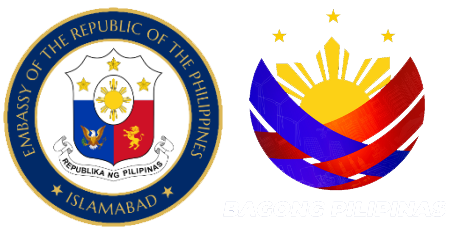
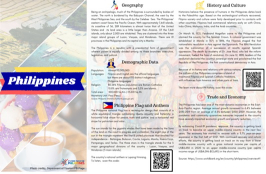
.jpg)
